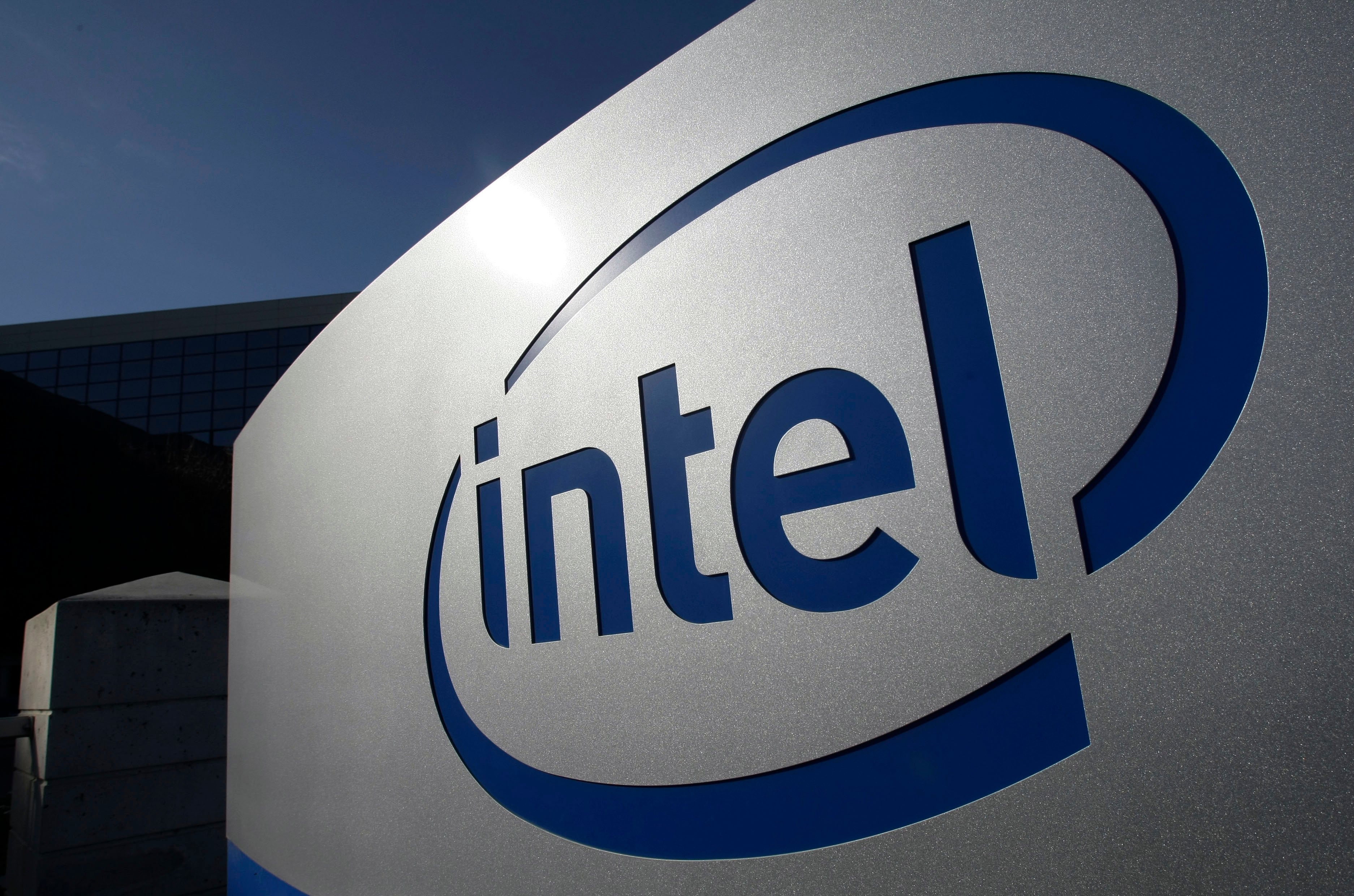*By Christian Smith* New York's ubiquitous yellow taxis are getting a much needed tech upgrade. Curb Mobility, the company behind the Curb app that lets riders hail taxis from their smartphones like they would an Uber or Lyft, launched an initiative Thursday to equip New York's yellow cab fleet with a new tablet-based digital operating system. "In the face of disruption, there is a unique opportunity to modernize and enhance the taxi experience for both sides," Curb's CEO Amos Tamam said in a statement. "By empowering drivers with tools that make their job easier and more profitable, they'll be able to focus on providing the utmost service to their riders." There are two parts to Curb's new Android-based system. "Dash" is an 8-inch display that will replace the clunky dashboard boxes that have been in cabs for decades. The new dashboard tablet will track the cost of a ride, and it includes tools for the driver like multi-language support, GPS navigation, live traffic information, and an emergency panic button. The "Ryde" component is for passengers, who have access to a 10-inch tablet with apps, including an updated version of Taxi TV. "By opening up the platform, we're allowing third-party developers to come up with applications to run for that passenger," Jason Gross, Curb's vice president of mobile, said in an interview on Cheddar. "So it could be listening to Spotify or Pandora, it could be browsing restaurants or even making reservations on an Open Table right from the back of a taxi." The new system will also give passengers price security. Rather than waiting until the end of the ride, Curb app users will be able to get a fixed price before the ride begins when they input their location and destination. The new Curb operating system is being used in dozens of cabs around the city, with a wider rollout planed for June. For the full interview, [click here](https://cheddar.com/videos/nycs-taxis-get-a-tech-upgrade).












